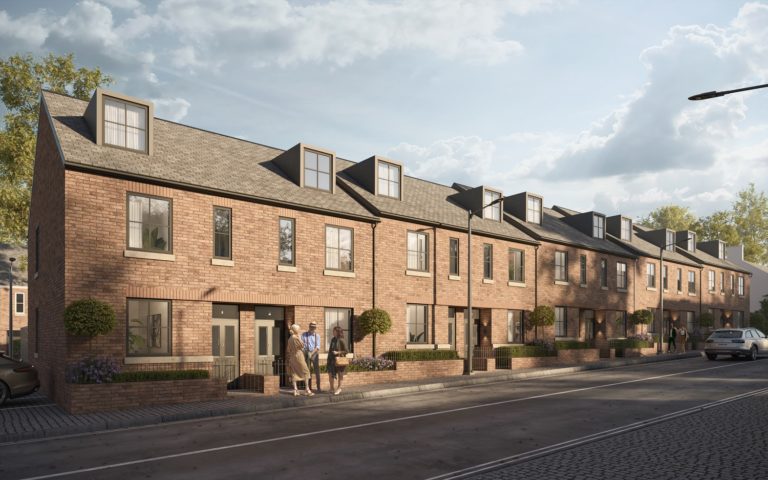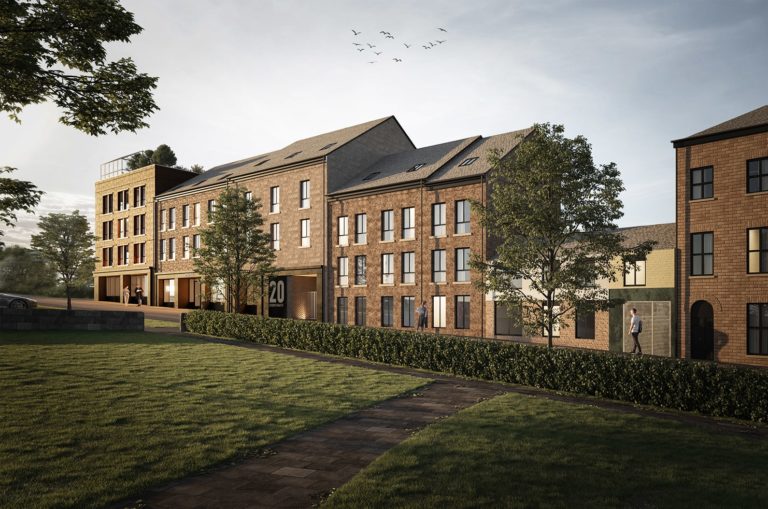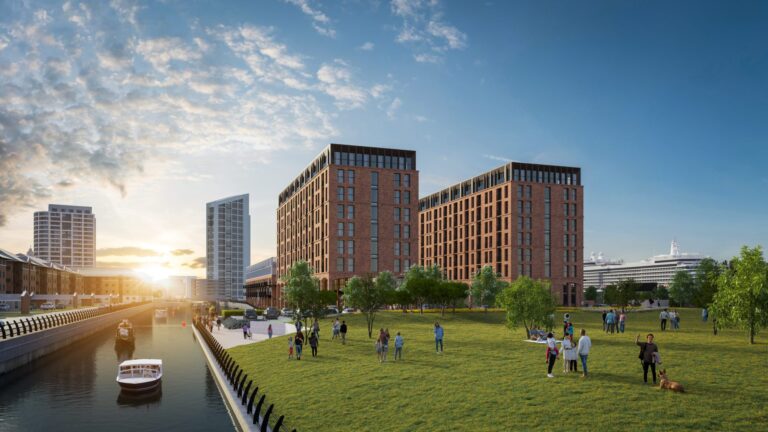House prices, homeownership and the rental market: these are all key areas that need more attention according to Tony Blair’s Institute for Global Change.
The December 2019 general election is almost upon us, and former Prime Minister Tony Blair has released a report through his thinktank looking at the various potential outcomes we could be faced with in the housing market.
Housing is potentially one of the most tangible issues in the election campaign, in that it affects everyone’s lives. Homeowners, private renters, social renters and even those who still live with family are all impacted by it, but voting is still often polarised among age groups, which influences the results.
According to the report, titled UK General Election 2019: Housing – Steps in the right direction, while 18-30s favour Labour, those aged 50 and upwards lean towards the Conservatives – but it is this age group who are statistically more likely to vote, despite having less “housing issues” than the younger age group.
What will happen to house prices after the election?
Using estimates from the Ministry of Housing, Communities and Local Government of “the sensitivity of prices to supply”, along with household income growth assumptions from the Office for Budget Responsibility, the report has come up with a forecast for house prices on each election outcome.
The results show that house prices will rise over the next decade regardless of who wins the general election this week, without any increase to interest rates or changing appetites of foreign investors in UK property.
Under the Liberal Democrats, based on their policies and supply proposals, house prices could grow by the lowest amount of the major parties at 16% by 2030, says the report, although this is “7% lower than they would have been under recent rates of supply”.
If the Conservatives win and carry out their plans, house prices could rise by the largest amount, at 26% by 2030, which would be almost 2% higher than they would have been under recent rates of supply.
With a Labour government, although their plans are less specific, the report estimates that prices could increase by 19% by 2030. This is around 5% lower than they would have been under recent rates of supply.
The report states: “The differences between these plans in terms of their impact on prices and rents by 2030 is not insignificant. But it does little to change the bigger picture of huge real-terms price growth over the past 20 years, and would entail a growing number of empty homes.”
“This realisation explains why the two main parties have dialled down the ‘supply crisis’ rhetoric and rightly begun to emphasise other policy levers to tackle the housing crisis.”
Tackling levels of homeownership
While housing supply has regularly been touted as the biggest barrier to homeownership, causing house prices to rise to unattainable levels, the major political parties have had a rethink – a move which the Tony Blair Institute supports and has written about previously.
The Conservatives now cite the fall in mortgage availability for first-time buyers after the financial crisis as the main cause of diminishing homeownership levels. This has led to both the main parties proposing to keep the Help to Buy scheme running, alongside other changes to help first-time buyers.
The report writes: “Such policies are based on the right diagnosis, but whether they represent a good use of taxpayers’ money or are equal to the task of raising home ownership remains to be seen.
“It is at least encouraging that both parties recognise the centrality of credit availability if they want to raise home ownership rates and reduce reliance on the Bank of Mum and Dad.”
Improving the rental market
The report points out that there are now three times more families with children renting privately than there were 15 years ago, and the decision to try and stabilise the rental sector has been promised by all the major parties. There is a consensus that abolishing Section 21 “no fault evictions” is a step towards this, along with tackling rising rents.
While Labour has proposed capping rents, the report believes this could damage the quality of the PRS over time. But the Conservatives aren’t committing to a rent increase policy, which could mean their proposals have little effect on long-term tenancies.
“Both parties should be looking to link in-tenancy rent changes to local market rents,” states the report. “This would prevent landlords exploiting sitting tenants, while ensuring that they receive the ‘going rate’.”









